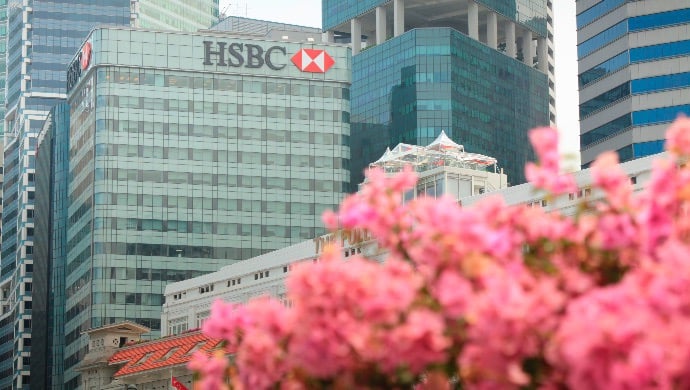HSBC Singapore, ING and Cargill used the blockchain to facilitate the trade of soybeans from Argentina to Malaysia

In conjunction with Cargill and ING, HSBC Singapore has executed a live trade finance transaction using the blockchain, a world’s first.
The core of the deal was a bulk shipment of soybeans by Cargill from Argentina to Malaysia. Cargill is a massive US-based agriculture company. The money was sent through Cargill’s trading arm in Geneva and was purchased by a subsidiary in Singapore.
The money involved two banks, the Singapore branch of HSBC and ING, who were both working on behalf of the Cargill entities. The blockchain was used to issue a Letter of Credit from HSBC to ING. A Letter of Credit is a banking document that guarantees payments between organisations under certain criteria.
The blockchain allowed HSBC and ING to build, send and approve the Letter of Credit on one integrated platform. Usually, ING and HSBC would each have their own internal systems which then requires the transaction to be done via paper.
Because both companies could collaborate on a single digital platform, the process took about 24 hours as compared to 5-10 days if they had used the traditional process.
Vivek Ramachandran, HSBC’s head of growth and innovation, explained what this means for banking moving forward.
“The need for paper reconciliation is removed because all parties are linked on the platform and updates are instantaneous. The quick turnaround could mean unlocking liquidity for businesses,” he said.
Also Read: Healthcare IT firms are easy to start but really difficult to build, says DocDoc CEO Cole Sirucek
A significant amount of this deal went through Singapore, and while this deal is interesting for all banking, it is particularly pertinent for global ports like the Lion City. Places like Singapore, Hong Kong or Shanghai process an obscene amount of paperwork as they facilitate in-land trade so a product like this could be a game changer.
HSBC cited statistics from the UN that says digitalising trade could reduce transaction time by 44 per cent, reduce costs by 31 per cent and save the industry US$257 billion per year.
Tangentially related is news from last week that the Singapore International Chamber of Commerce introduced a blockchain-based system to facilitate the processing of its paperwork.
The distributed ledger allows banks to build a secure database of verifiable transactions. But, in the case of trade, the most valuable asset is the ability to create a shared ledger. This means two separate entities can collaborate on a deal, using the same platform, without seeing any other unrelated or sensitive information.
Because the blockchain is immutable, it gives legal authority to the document.
Also Read: Singapore commerce chamber is modernising through the blockchain
The banks used a technology built by R3, a New York City-based company that specialises in blockchain solutions for the finance industry. The solution was built on Corda, which is an open-sourced product that helps businesses facilitate transactions on the blockchain.
—
The post Three corporate giants complete first blockchain finance trade appeared first on e27.